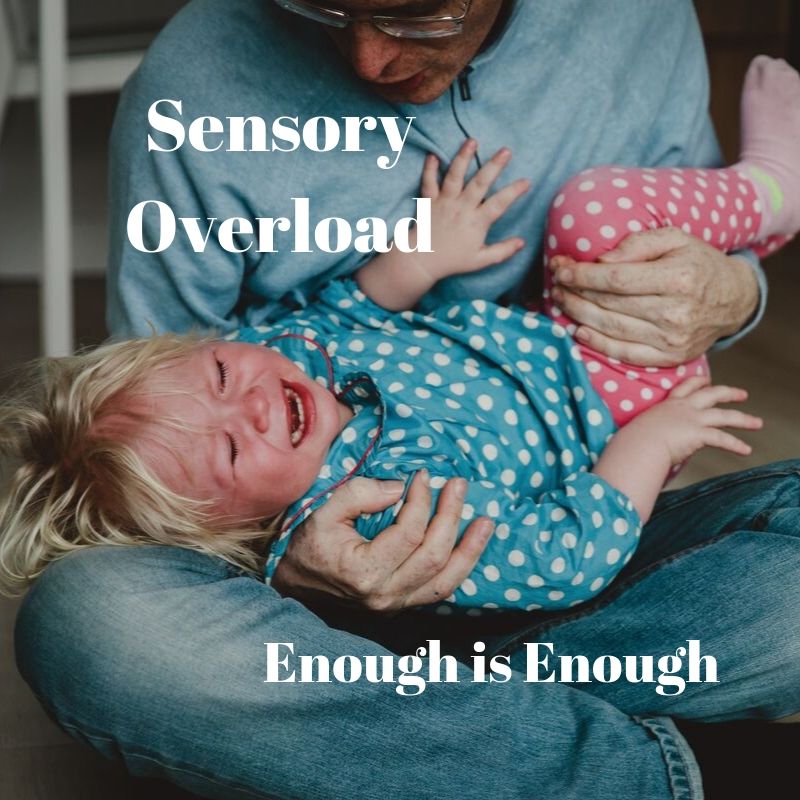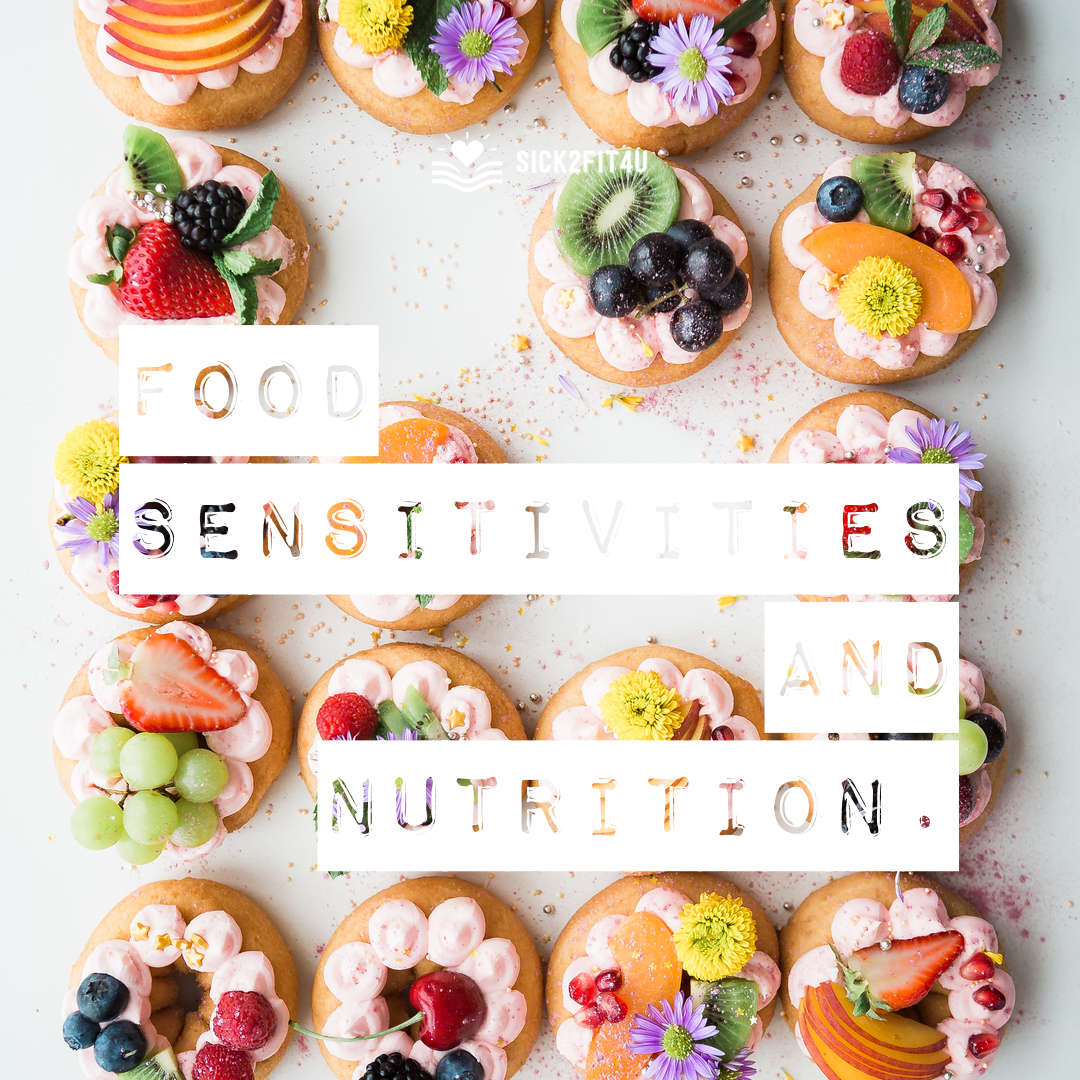What is sensory overload? It occurs when input bombards your senses from all directions. This is exactly what happens when you receive stimuli in all 5 senses simultaneously. It can happen in loud parties, conferences, schools, public places, work, events, etc. Many events and public venues create this feeling of increased stress due to the magnitude of sensory assaults that are emitted from equipment or people. These constant and repetitive sensations trigger a reaction in the body. It is the flight or flighty response. You know the fear of the situation takes over, all your stress hormones turn on and you can fight back or run. You can either be stuck in the moment and allow the stress to build until you explode. Or you can step away and relax your senses. We are all impacted by noises, visuals and sensory stimuli but some have a significantly more potent experience. And for those that are anxious like me, sensory overload can be overpowering and exhausting. That’s right. It is exhaustingly depleting your energy every moment you stay stuck in that uncomfortable situation. And if the stress left unaddressed it accumulates in the body creating a sense of panic. That is why children and adults exhibit feelings of anger or frustration when sensitivities accumulate resulting in a reaction of some sort or a tantrum. A child might have a tantrum or cry during fireworks. A teen might get in a fight or scream at someone in a loud concert. And an adult might have an argument during a music festival. Of course there are unlimited possibilities and unlimited scenarios. But I’m all about positive solutions for the life we live in the environment around us. Helping others finding the mental wellness they desire through simple modifications in their daily lives.
So let’s get back to overstimulation in public venus. In public events there are often many groups of people talking, kids laughing, babies screaming, overhead lights, flashing lights, loud music, etc. It feels like an overwhelming assault on your senses and it happens every second. You might be engaged in a conversation but all the stimulation keeps distracting you. Its difficult to speak or understand everything. If you are trying to do something on your phone, its 10 times harder to concentrate. Any task or action you need to perform becomes excruciatingly difficult. Every second builds into minutes and hours of stimulation entering your 5 senses. And after many hours your body is completely drained and devastated. I bet you know someone who is highly sensitive. They may have an official diagnosis or medical condition. If you know someone you feel in your gut or body when you imagine them. The diagnosis or condition doesn’t matter. It is just a name given to a condition that is covered by an insurance. Its a name for something that will helps you acquire treatments or services. But this is simply about understanding your body and taking ACTION to help yourself relax. I am talking recognizing the symptoms or pain your body send you. It is about Recognizing the triggers that cause you to experience the stress in your body. If you can picture a friend who is always sick or has a headache. A friend who always has a stomach ache or pain. Or maybe its you. Maybe you always have this creeping pressure in your chest. Or your stomach feels like you swallowed a basketball. Take a moment to think about the last time you felt that way. What where you doing? Where were you? What did you feel in your body? How did you feel in that place? What emotion comes to mind.
Ok so now that you have a better idea if you are sensitive or you know someone who is sensitive let’s take a deeper look. Highly sensitive individuals include but are not limited to those diagnosed with a conditions like Autism, Seizure Disorders, ADHD, Multiple Sclerosis, PTSD, Anxiety and Mental health issues. It is prevalent in all ages (infants, children, teens and adults).
Here are some possible examples:
- A child that is very spacey and distracted. They appear to be in another world many times a day.
- A friend that keeps fidgeting and looking at their watch during your conversation.
- A coworker that loses eye contact during conversation and is looking at everyone in the room instead.
- An infant that is unconsolable and crying in her mother’s arms.
- A friend that screams at you during a normal conversation for no apparent reason.
- A child that hides in a tent during fireworks.
- A person that is pacing back and forth.
Some symptoms of sensory overload: difficulty focusing, irritability, restlessness, urge to cover your ears, urge to shield your eyes from light, feeling overly excited, feeling anxious (fearful or stressed) and feeling sensitive to things rubbing against your skin (textures, fabrics, clothing tags and nails). Some symptoms may be even more confusing than you thought. I experienced sensory overload after attending a child’s party. The event was in a loud party venue (loud music, bright colors, kids, laughing, kids screaming, bright lights and tons of talking). As the time passed I felt more tired and drained. By the end of the event I was in such exhaustion that I needed a nap. Napping is not my typical routine. I usually have more than enough energy to complete my day. I might need an afternoon meditation but a nap usually won’t happen. Years ago I was exhausted like this every day. I had chronic fatigue and realize now that sensory overload was a huge part of this. So I returned home after the party tried a meditation but was still exhausted. And I cuddled up into my sheets to sleep for 1.5 hours. I woke up did another meditation and finally felt vibrant again. Interestingly my son exhibits symptoms of sensory overload too. But his energy was not impacted in the same way mine was. He actually developed a headache. After all the stimulation was over and it was time for bed, his head was pounding. I’ve been learning his symptoms along with mine for several months now. Becoming aware of your symptoms takes some effort. And observing your child is important to understand their symptoms. It is also important to ask them questions about their day and how they feel. Its important to help your child deal with sensory overload. It also helps you develop strategies to reduce sensory overload regularly. And have a plan in place for full fledged sensory exhaustion.
Our nervous system has two important parts that need to work together to establish balance: the sympathetic and parasympathetic. The sympathetic nervous system is involved in activities of wakefulness and alertness. The sympathetic nervous system is involved in the fight or flight response. This response helps us defend ourself during dangerous situations. Dysfunction of the sympathetic nervous system results in nervousness, stress, and anxiety. The parasympathetic nervous system is involved in our restful activities like sleep and digestion. It promotes healing, regeneration, nourishment and elimination. Activating this system in your body is essential to reduce stress, sensory overload, and anxiety. Dysfunction of the parasympathetic system appears in symptoms of lethargy and fatigue. If the body is unable to calm and rebalance in response to these changes causes oxidative stress in the body. A prolonged stress response leads to stress on the adrenal glands and immune system. The prolonged stress response begins to exhibit symptoms and eventually illness in the body.
As an empath, I realize there are many people that experience this deep inner sense of stress. And these people experience it like me, every moment, in every second, in every activity. But I hadn’t realized its impact on the body until recently. It is so overwhelming that symptoms arise quickly. The stress builds and symptoms accumulate over time. I’ve noticed the prevalence of children exhibiting symptoms of pain or digestive issues is a growing trend. I was the same as many of the patients coming through the hospitals regularly. Children with inexplicable symptoms and negative lab results. Test after test just leads to no answers or solution for your child. So what if we decide to take a step back and observe. Taking time to understand your child a little closer and observing the symptoms that arise. Here are some common symptoms of sensory overload. And I also have some relaxation techniques to help your child calm their senses. But there are plenty more strategies that help calm the nervous system. And everyone is different, so its imperative to create an individualized routine for yourself or your child. The routine should be based on the individuals needs and preferences.
Symptoms of a Child with Sensory overload:
- Tantrum
- Throwing things
- Kicking
- Screaming
- Zoning out/Day dreaming
- Cover their eyes or ears
- Shift in mood
And there are scientific methods of reducing this overload in yourself and your children.
Strategies to avoid sensory overload:
- Plan to leave events early from parties- have an exit strategy and take breaks
- Shopping- Plan, write a list and prepare before you enter the store. Being prepared will enable you to gather everything you need and exit the store quickly thus reducing the impact of sensory overload.
- Learn your triggers and those of your child – It will help you plan for new events and have methods at hand to reduce symptoms.
5 Ways to Calm your Child’s senses:
- Guide your child to relax with visual imagery and story telling
- Relax outside in Nature
- Cuddle and watch a relaxing nature show
- Blow bubbles
- Noise cancelling headphones with peaceful nature sounds
If you want to learn more ways to help your child with special needs. Then stay tuned for events and webinars coming soon. I will be presenting soon at Miami Family Friendly Hands in October. I will be discussing sensory overload and its impact on children and adults with disabilities.







